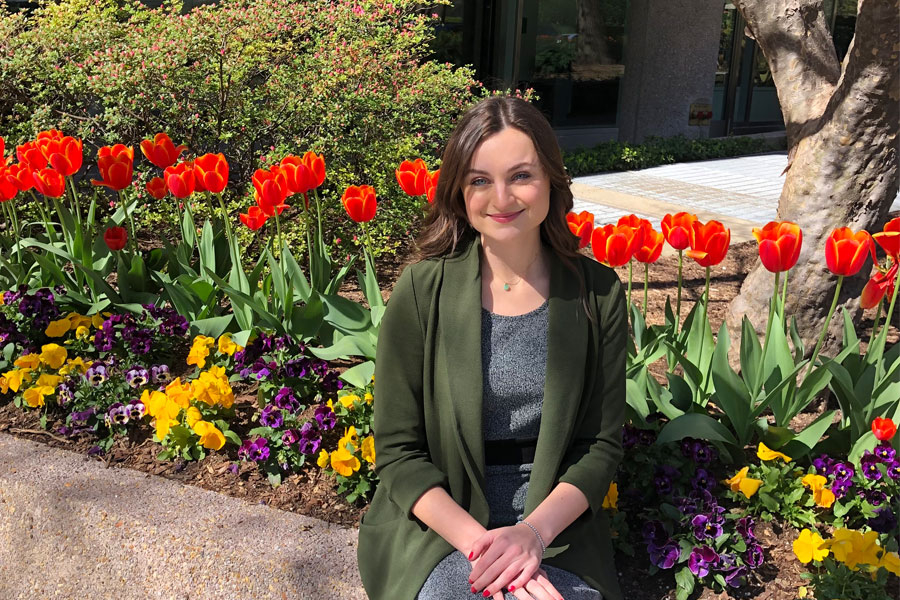The Americas
Overview
Develop an understanding of the economic development and the democratization of the Americas - Latin American, Caribbean and North America – amidst the backdrop of its multiple challenges that include economic obstacles, democratic backsliding, enduring violence, and migration. Study the region’s role within the broader global context as the world order evolves. The Americas focus area offers a policy-oriented curriculum complemented by various experiential learning opportunities such as travel to the region, speaker events, and internships.
Curriculum
The Americas Focus Area offers a robust selection of 18 classes that affords students the opportunity to gain an in-depth knowledge of the Americas across a wide array of functional areas to include politics, economics, finance, development, security & conflict, energy & the environment, and migration.
- Latin America's Political Economy: From Colonial to Contemporary Challenges
- Financial Crises and Policy Dilemmas in Emerging Markets and Latin America
- Security, Conflict, and Migration in Latin America
- Mass Migration in Latin America, Causes and Consequences
- Urban Economics for the Developing World: Economy, Equity, and Sustainability
- Everything Changes but Nothing Changes: Contemporary Brazil from 1950-present
- U.S. and China Rivalry in Latin America and Africa
- Dynamics of North American Business and Trade
- Contemporary Issues of Inter-American Relations
- Conflict Resolution and Peace Building in Latin America
- Mexico, Central America & the Caribbean: New Challenges Amidst Growing Insecurity
- Energy in the Americas: Conflict, Cooperation & Future Prospects
- Politics of North American Economic Integration
- China and Latin America
- Contemporary and Evolving Policy Challenges in Latin America
- Policy Consulting Practicum/Canada Study Trip
- Latin America Research Seminar/Colombia Study Trip
- Public Diplomacy and Public Opinion/Brazil Study Trip






